Giro d'Italia: Nibali and Quintana can be allies of circumstance against Dumoulin
Three minute lead needed on Dutchman before final time trial, says Slongo
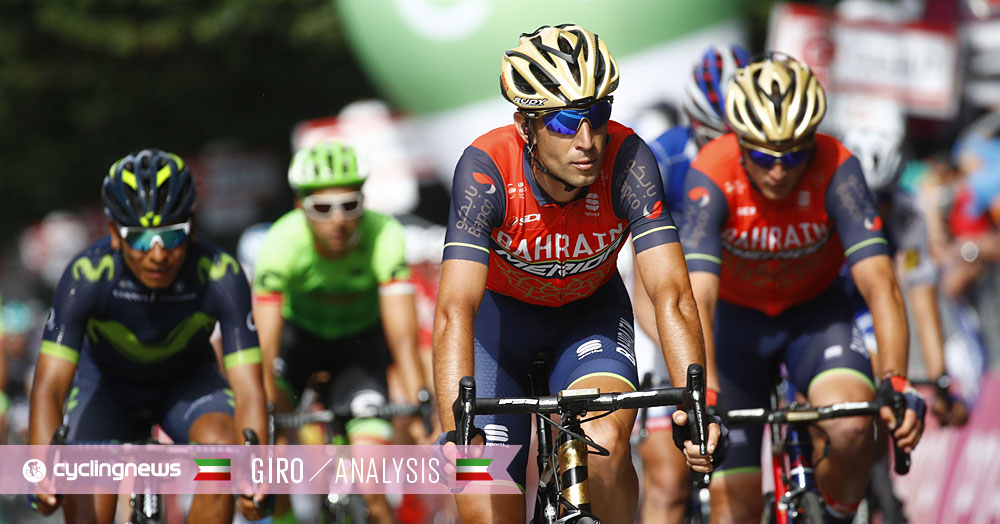
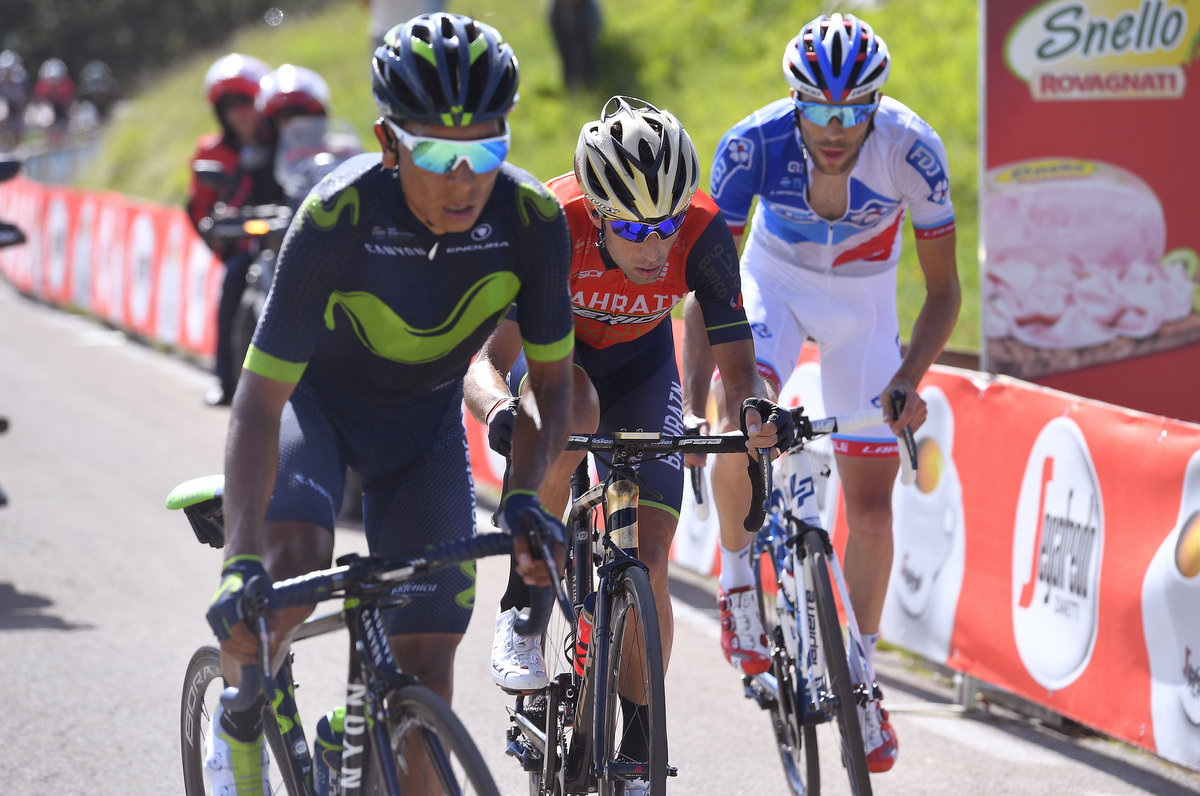
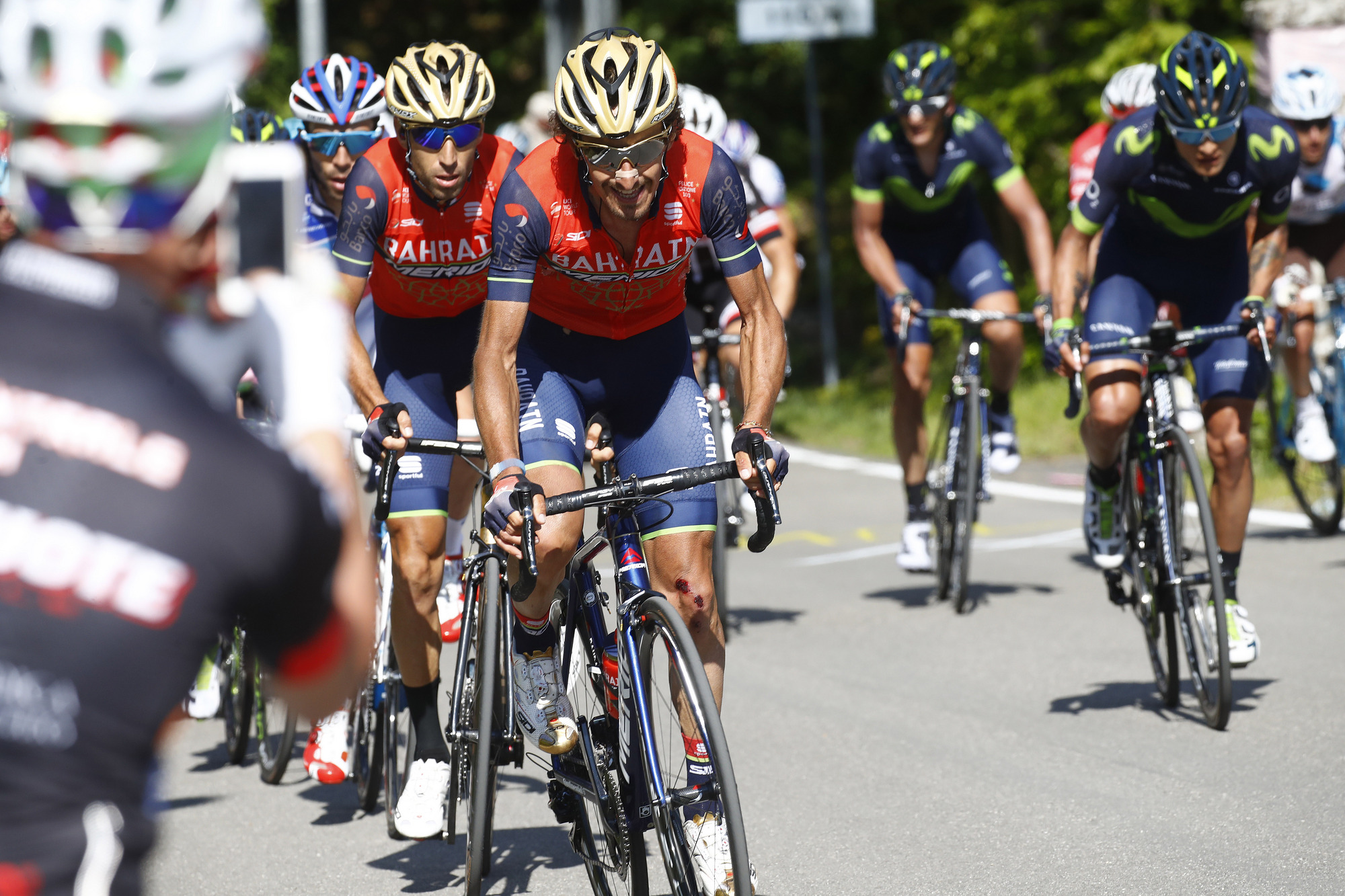
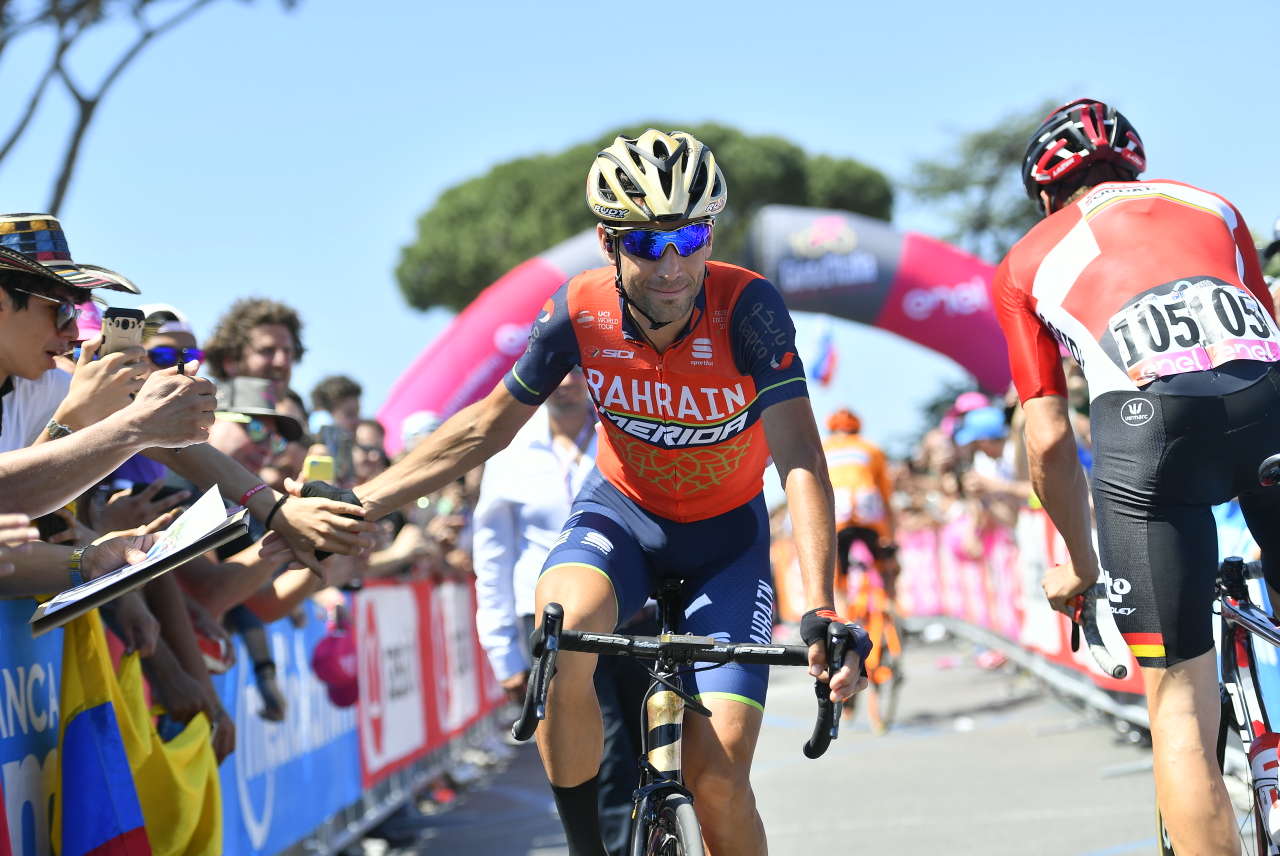
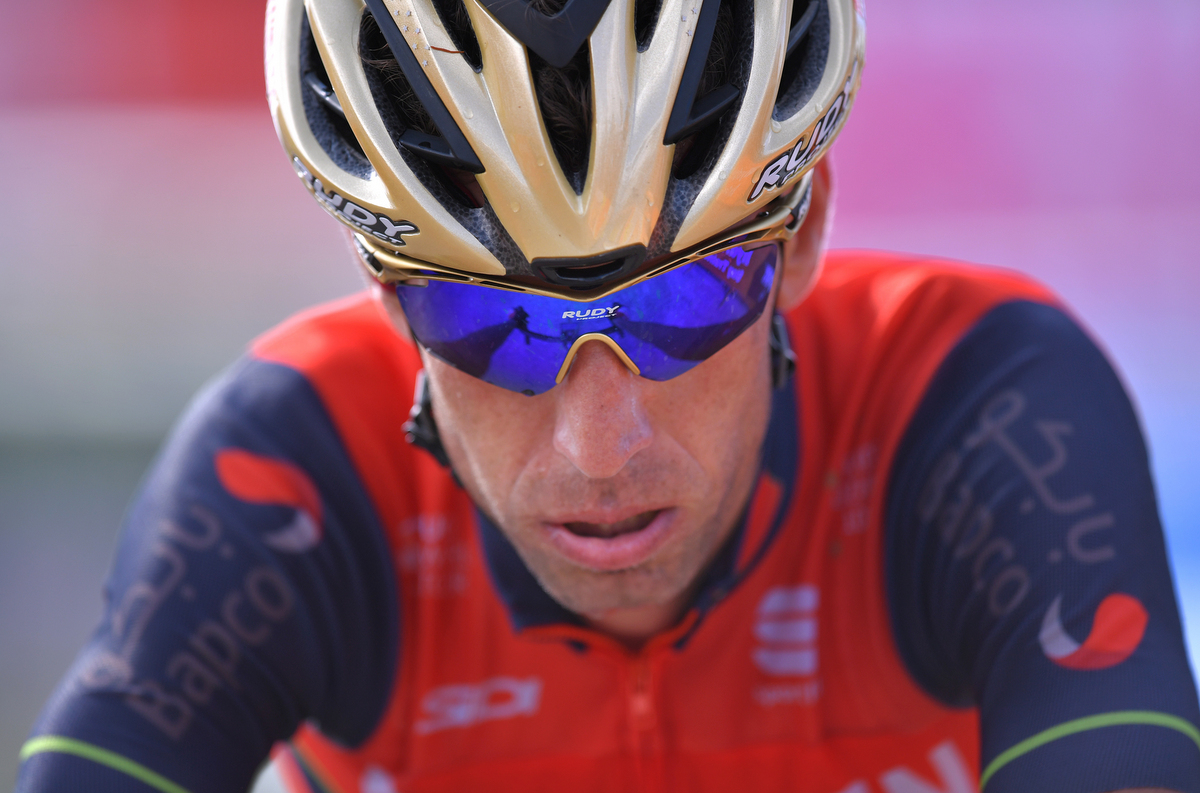
The pink results sheet dispensed in the press room each evening says that Tom Dumoulin (Sunweb) has a lead of more than two minutes over his rivals at this Giro d'Italia, but for Vincenzo Nibali's directeur sportif and coach Paolo Slongo, his hypothetical advantage is closer to five minutes.
With another 30-kilometre time trial to come on the Giro's final day, Slongo reckons that if Dumoulin is anywhere within three minutes of the maglia rosa by the time he rolls down the start ramp in Monza, he will still be in the box seat to win the race overall.
"We lived this situation with Dumoulin already at the Vuelta that [Fabio] Aru won [in 2015 – ed.] He's very strong in the time trials and he's improved on the climbs. The only hope left is that he has a day of crisis in the final week, because there's also the last time trial in Milan, which is almost 30 kilometres and suits him," Slongo told Cyclingnews.
"If you don't have more than two minutes on him, you can't really celebrate until the end of that time trial. And to have a really sufficient advantage, I think you'll need to have three minutes in hand on Dumoulin before the last time trial in Milan."
Despite Dumoulin's considerable buffer, both real and virtual, Slongo is not altogether displeased with the current appearance of the general classification. The Bahrain-Merida leader Nibali may be fifth overall and some 2:47 off Dumoulin, but he is only 24 seconds behind the second-placed Nairo Quintana (Movistar).
For all the ongoing reports of mutual enmity between Nibali and Quintana and their respective teams in the Italian press, they could well prove allies of circumstance as the Giro edges towards its final week, as, indeed, might Bauke Mollema (3rd at 2:38) and Thibaut Pinot (4th at 2:40). In theory at least, the size of their deficit to Dumoulin ought to encourage greater aggression among the overall contenders.
"The gap from Dumoulin to everyone is else is something that is also good for us, in that it also forces Quintana to attack from distance and make the race hard, which is want Vincenzo wants," Slongo said.
The latest race content, interviews, features, reviews and expert buying guides, direct to your inbox!
"I think whoever wants to win this Giro has to attack and put Dumoulin in difficulty, to build up enough of a margin so he can be relatively calm ahead of the last time trial. When the classification was tighter, this wasn't going to happen, but now the way it is, it forces everybody to be more offensive. We have to see day by day, and the riders themselves will have look and see if somebody's in trouble, and attack them. From here on in, every day could be the right day."
Third on the Blockhaus on stage 9 and then a resounding winner of the Montefalco time trial on Tuesday, there appear, on the face of it, to be few chinks in Dumoulin's armour. The sheer volume of climbing in the Giro's final week, however, means that he will face a very different sort of challenge to the obstacles he has hurdled with such aplomb thus far.
"Personally, I really like Dumoulin as a rider," Slongo said. "On the Blockhaus, he went really well. The gradients were very significant and he managed his performance very well. But normal that things might change when there are three hard stages one after the other, like we have in the final week, especially when these three stages have two or three mountain passes before the final climb."
"Up to now he's shown no real signs of weakness, and with the final time trial to come, he's the most dangerous rival, along with Quintana. Still, we like this situation on GC, because it means you can't ride defensively. You have to go on the attack and seize every opportunity. The harder the race, the better it is for us."
Subscribe to the Cyclingnews podcast.
A different year
As the Giro approached its third weekend a year ago, Nibali also lay fifth overall, and just 1:09 off the maglia rosa, but had endured a trying afternoon on the first summit finish at Roccaraso and cut an often glum figure as he rode his home race for the first time since winning the Tour de France in 2014.
In 2016, however, the Tour de France and Olympic Games were also factored into Nibali's preparations. This time around, he seems almost certain to eschew the Tour, and his entire season has been tailored specifically around the Giro.
"This year, we knew that with the Etna and the Blockhaus, you couldn't afford to come in behind in your condition and save yourself for the third week," Slongo said. "Also, because we're not doing the Tour, we've arrived more prepared for this Giro and we tried not to expend too much energy in the build-up races.
"Vincenzo has ridden enough, more than Dumoulin, who raced very little, but we never looked to get results in the races before the Giro. If they came, that was great, but we did a step-by-step preparation to arrive ready for the Giro. And normally, that kind of preparation allows you to maintain your form for long, and then maybe to drop off a bit less in the final week of racing."
A year ago, of course, Nibali produced a most dramatic comeback in the dying days of the race to snatch the second Giro victory of his career. As things stand, a similar turnaround is required here, but this time, there are others in the same boat.

Barry Ryan was Head of Features at Cyclingnews. He has covered professional cycling since 2010, reporting from the Tour de France, Giro d’Italia and events from Argentina to Japan. His writing has appeared in The Independent, Procycling and Cycling Plus. He is the author of The Ascent: Sean Kelly, Stephen Roche and the Rise of Irish Cycling’s Golden Generation, published by Gill Books.